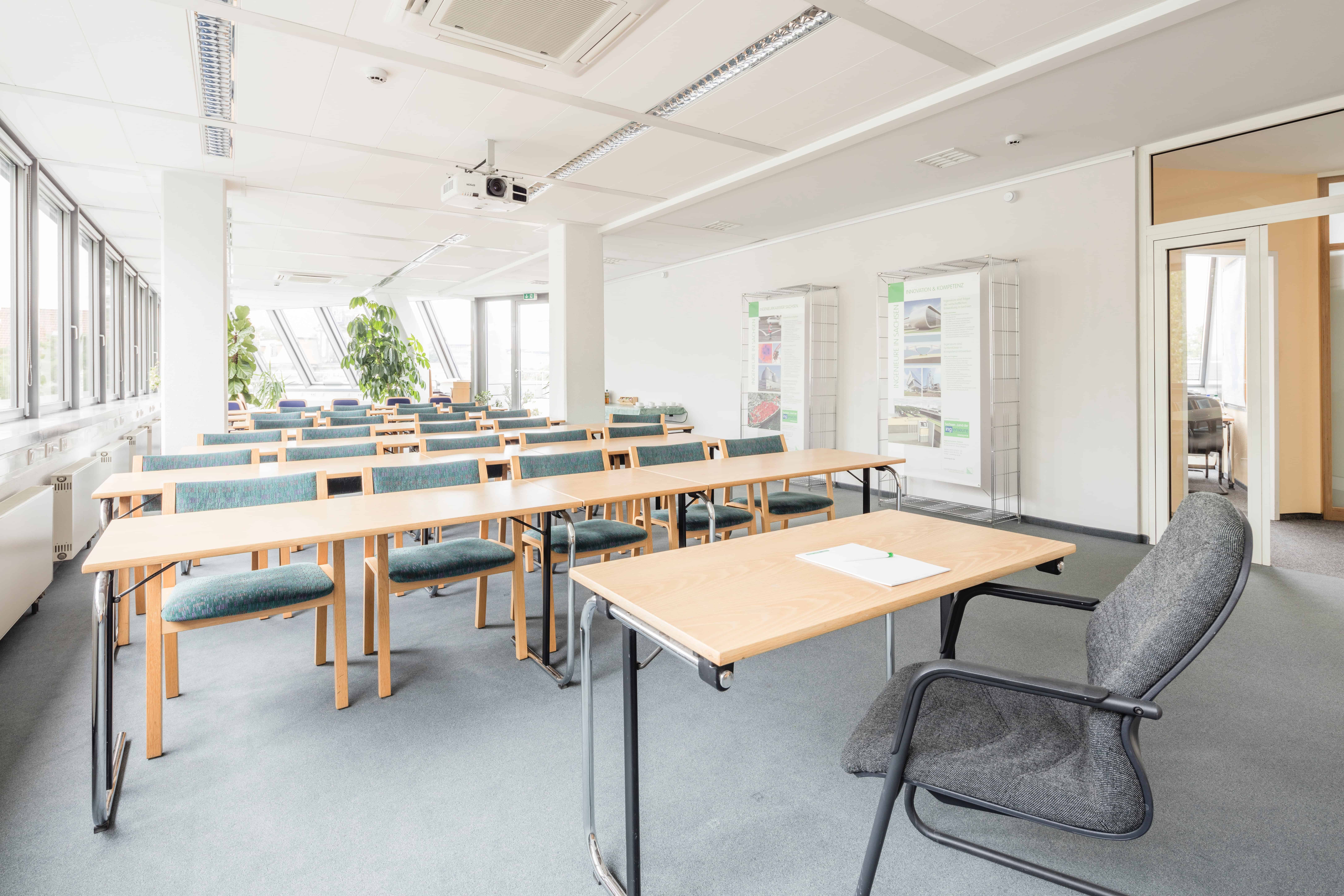
Every educator in the United States knows the level of disruption brought about by the pandemic. Student proficiency is no longer keeping pace with curriculum, standards and grade levels. Almost every classroom now includes students with widely varying skill levels and different needs. Even state assessment, the very tool we use to measure our own efficacy, has been thrown into question.
Yet as we recover, we have the opportunity to enhance and improve the systems that shape American education. For assessment, that means delivering on the promise of testing as an instrument to guide classroom learning and drive equity. In short, it is time to do the hard work of rethinking assessment—and New Meridian is leading that charge.
New Meridian is launching a pair of pilot projects this summer that will interview dozens of teachers, parents and students about their educational needs and the role assessment can play. We are also conducting an item-writing workshop for educators.
Following this summer’s research, New Meridian will continue to design, prototype and pilot a next-generation system in two grades and two subjects. During the 2023-24 school year, pilots will scale up to administration in grades 3–8 in English language arts and mathematics.
New Meridian’s next-generation assessment system offers multiple mini-tests, or “testlets”, throughout the year, all aligned both to state standards and the taught curriculum. Districts select from a collection of short testlets to construct an assessment system aligned to their needs. In aggregate, the tests measure student mastery of grade-level standards, creating highly actionable data for targeted, timely instruction and a reliable measure of student performance and growth.
The pilots are currently being developed in two states. The goal is to create a “classroom up” approach to assessment that gives teachers real-time feedback to inform instruction while providing parents, schools, districts and state leaders with actionable summative data to inform critical decisions. Students will benefit from being tested only on the material they have covered in class.
“We have the opportunity to create a system that delivers more than a snapshot and a number. We can connect assessment to the real work being done by teachers and students every day.”
A ‘Classroom Up’ Approach
New Meridian has partnered with Louisiana and Montana to begin designing and prototyping, as well as identifying districts to pilot our next-generation assessment system.
In order to do that, we must first understand the needs of every stakeholder in the system: students, parents, teachers, administrators and state education leaders. To that end, New Meridian is launching an ambitious project to conduct market research with dozens of stakeholders about their experience with assessments and their hopes for change.
“By the time I get the results back … I have a whole new class of kids,” said one fifth-grade English teacher. “I can look for patterns overall, but I can’t help individual kids.” A fifth-grade math teacher was even more blunt: “I can’t use it to guide my teaching.”
Students have expressed the need for a curriculum-aligned system that eliminates the pressure of a high-stakes summative assessment. As one student told us, “There is no point in taking a test that is going to make you feel inadequate, inferior, and confused. No one wants to feel that way.” They went into further detail on the effects of the current testing environment, “The anxiety of how much weight that this test carries really makes me second guess my answers. That got in my way.”
Community Voices are Vital
New Meridian is also hosting an item writing workshop that will bring dozens of teachers to Denver for a five-day session this summer that will give educators an opportunity to play a direct role in creating the next generation of assessment.
“Assessments cannot be designed in a vacuum,” said Kristoper John, vice president of product strategy. “Including community voices is vital to making assessments work for all stakeholders. We believe strongly that educators, students, and their families should be directly involved in creating quality assessments. Assessment should exist to support educators, students, and their families not the other way around.”
“We believe there is a once-in-a-generation opportunity to re-imagine assessment, creating a system that promotes deeper learning, increases equity and takes us beyond single scores. The next generation must live up to the promise that went unrealized in previous decades. We must connect assessment directly to the classroom and the taught curriculum.”


